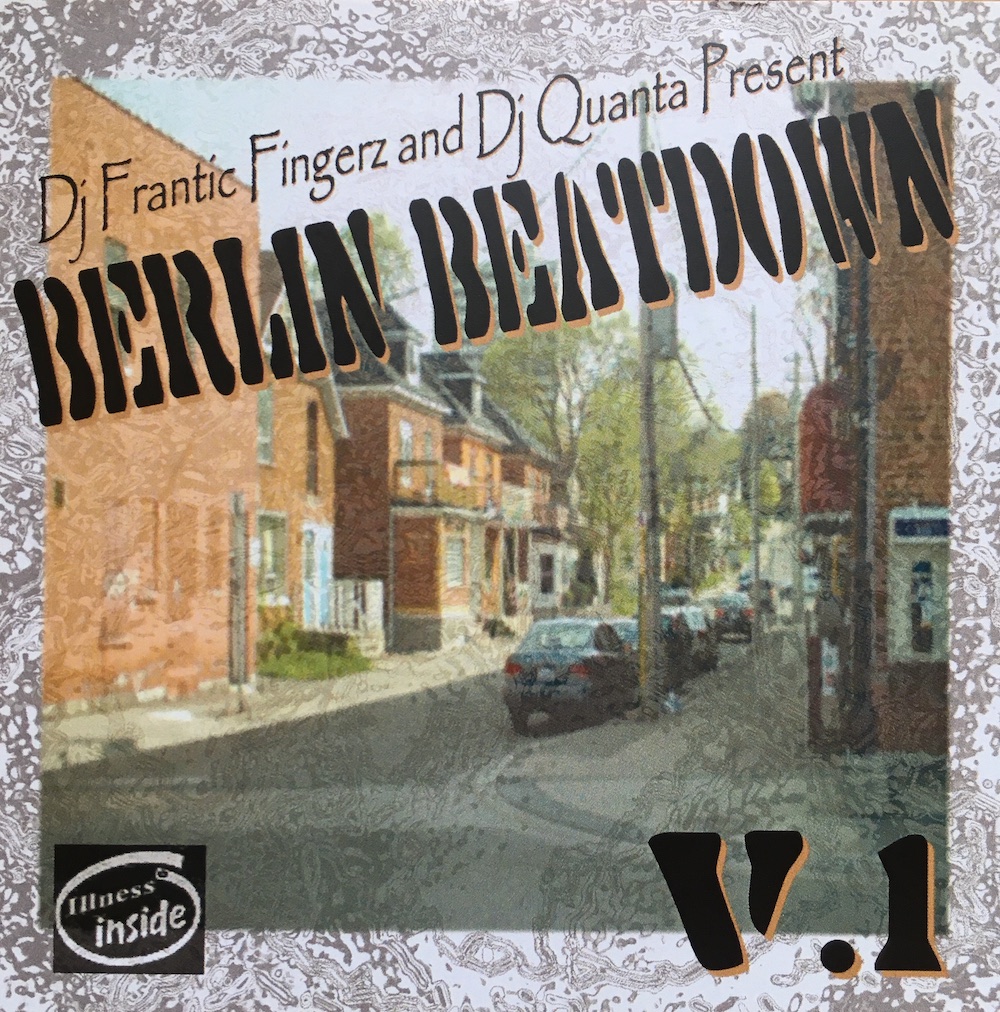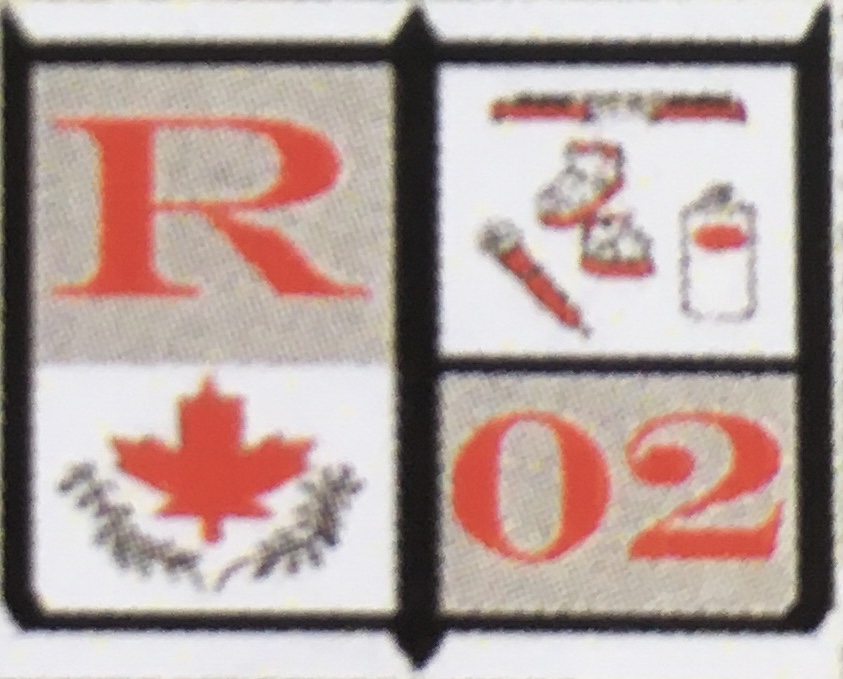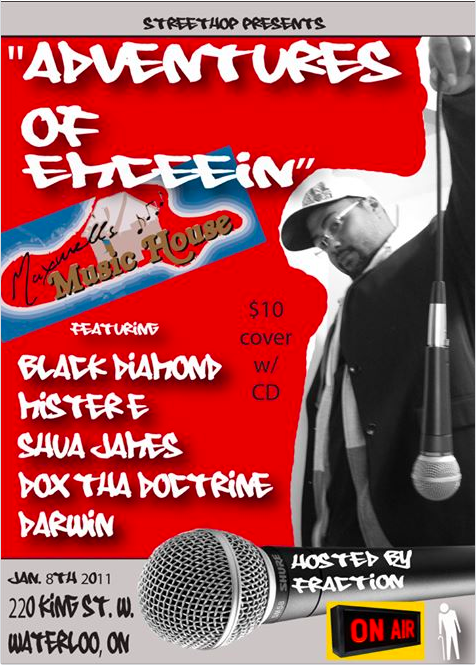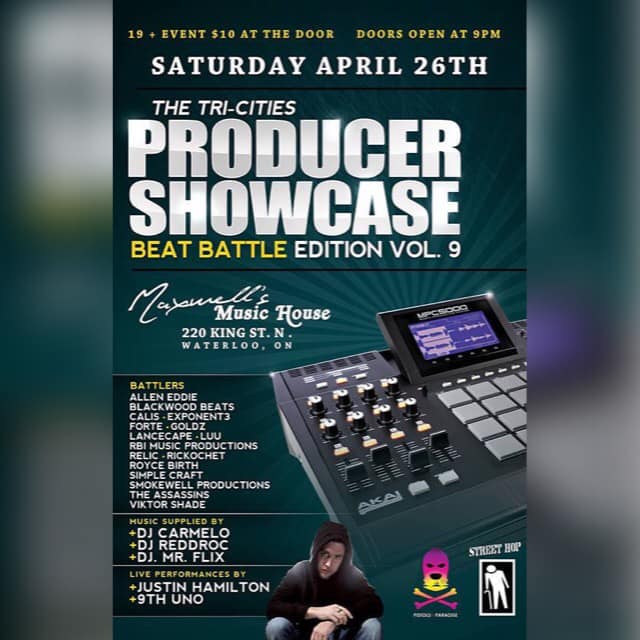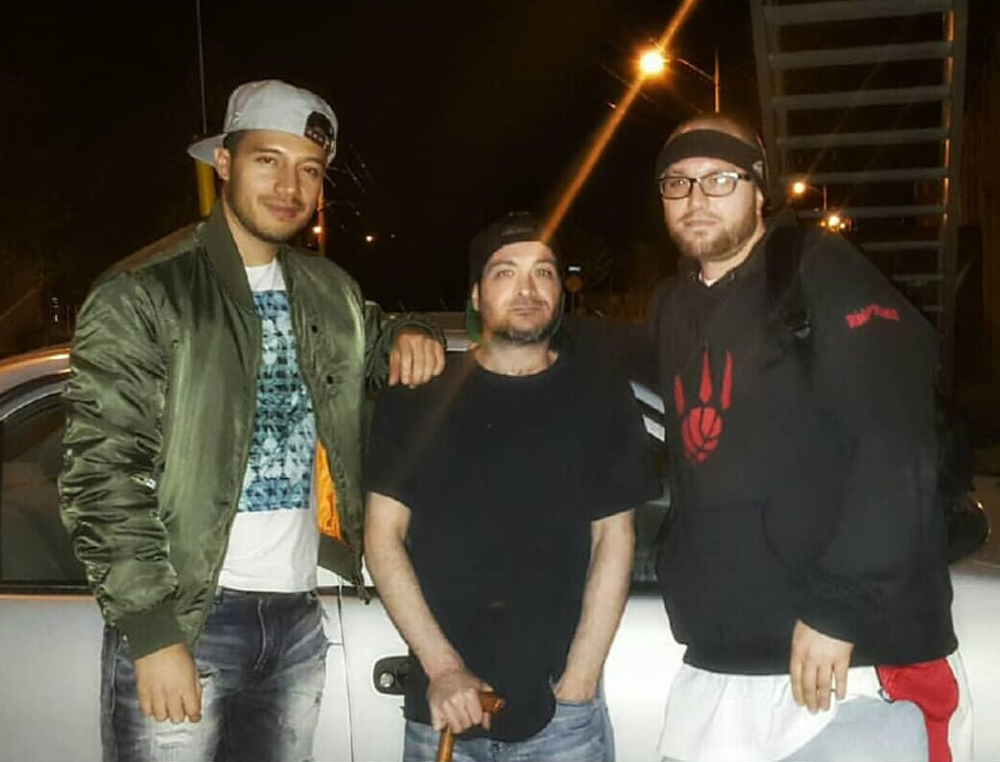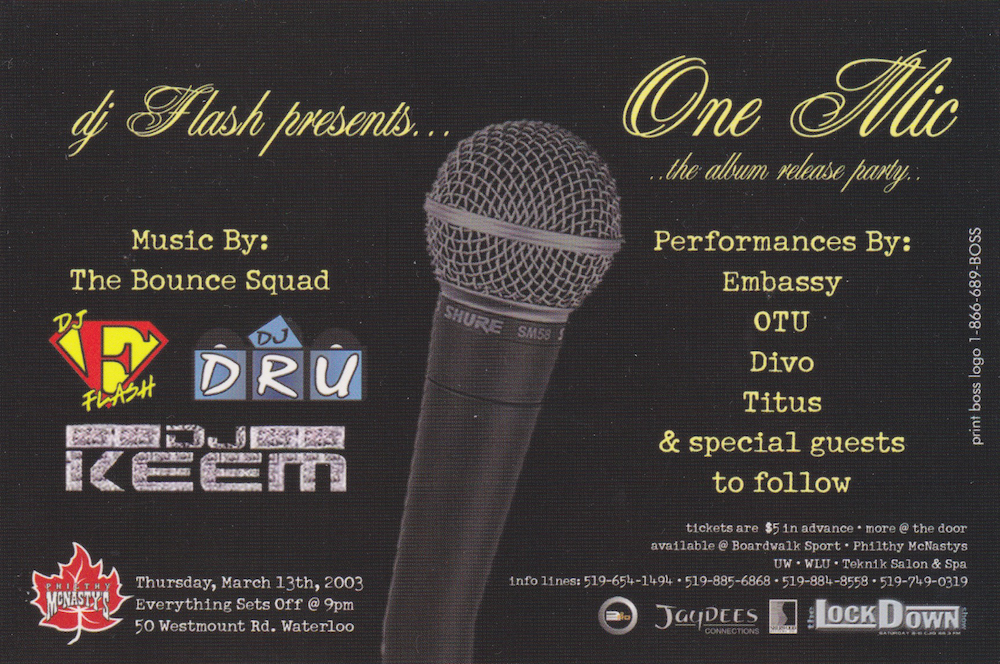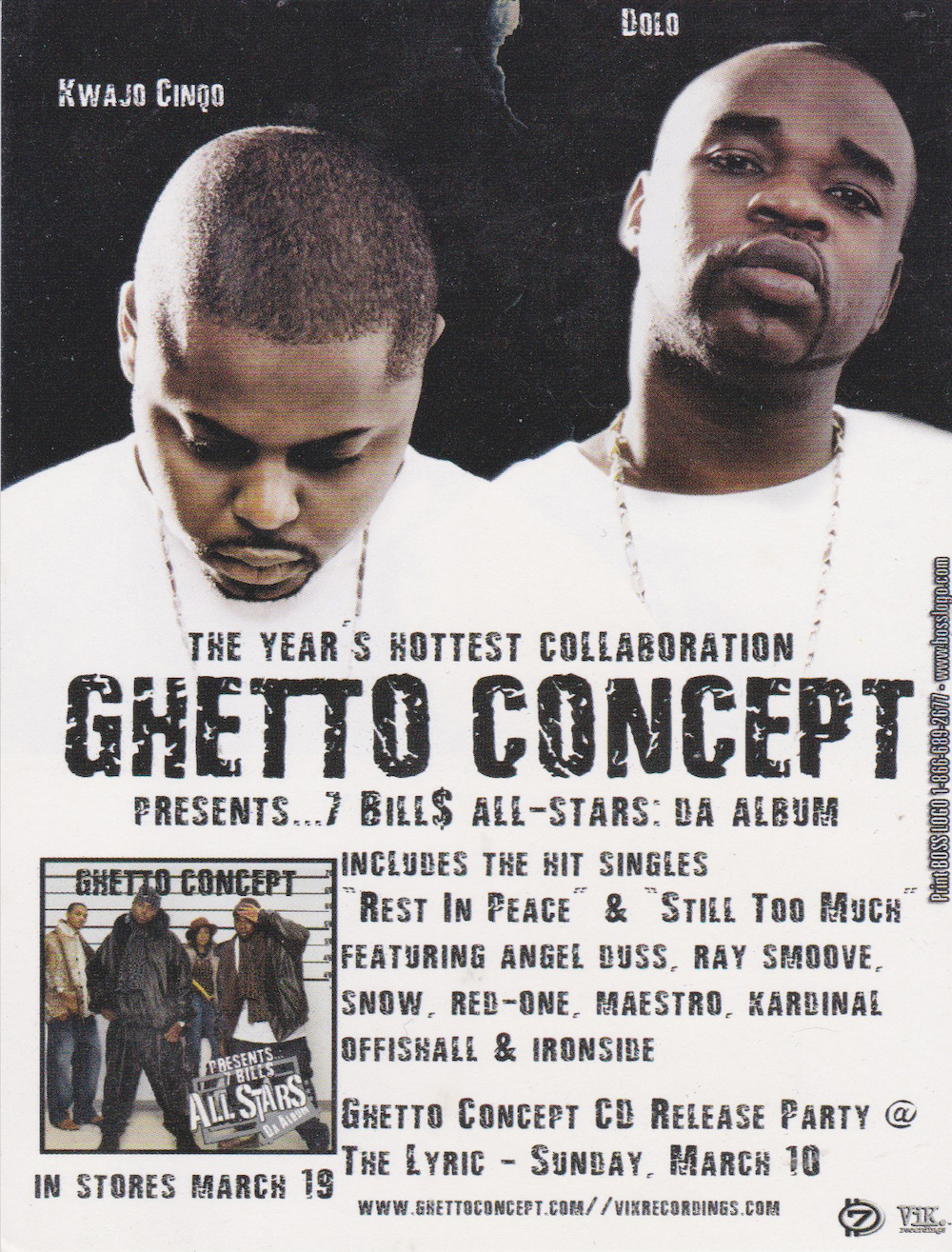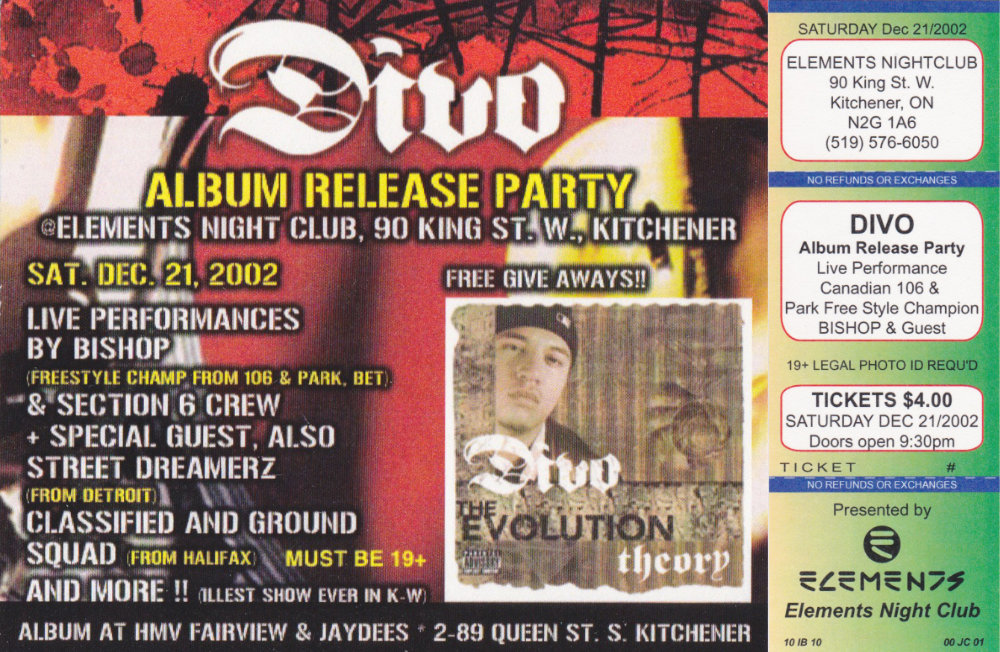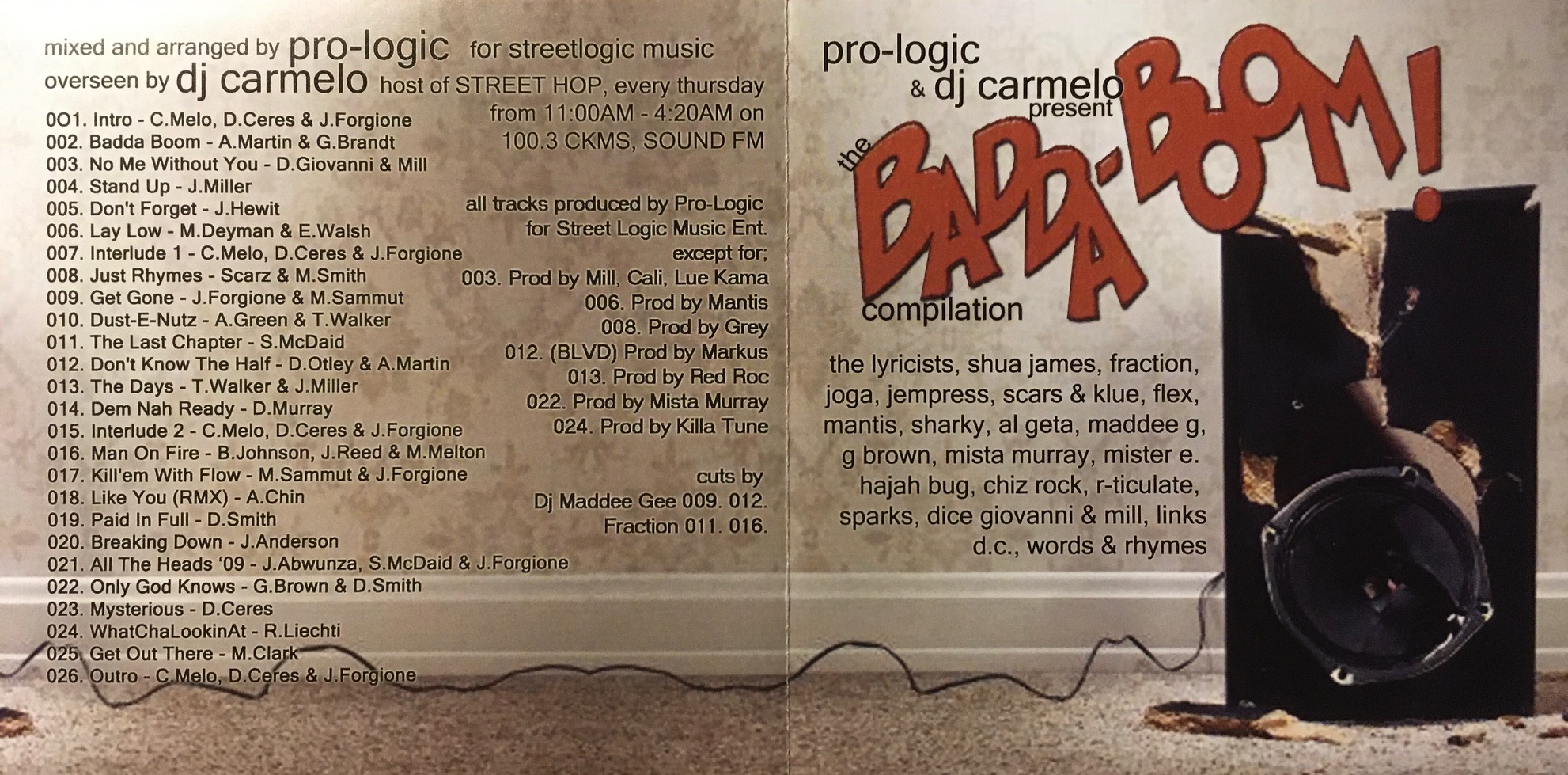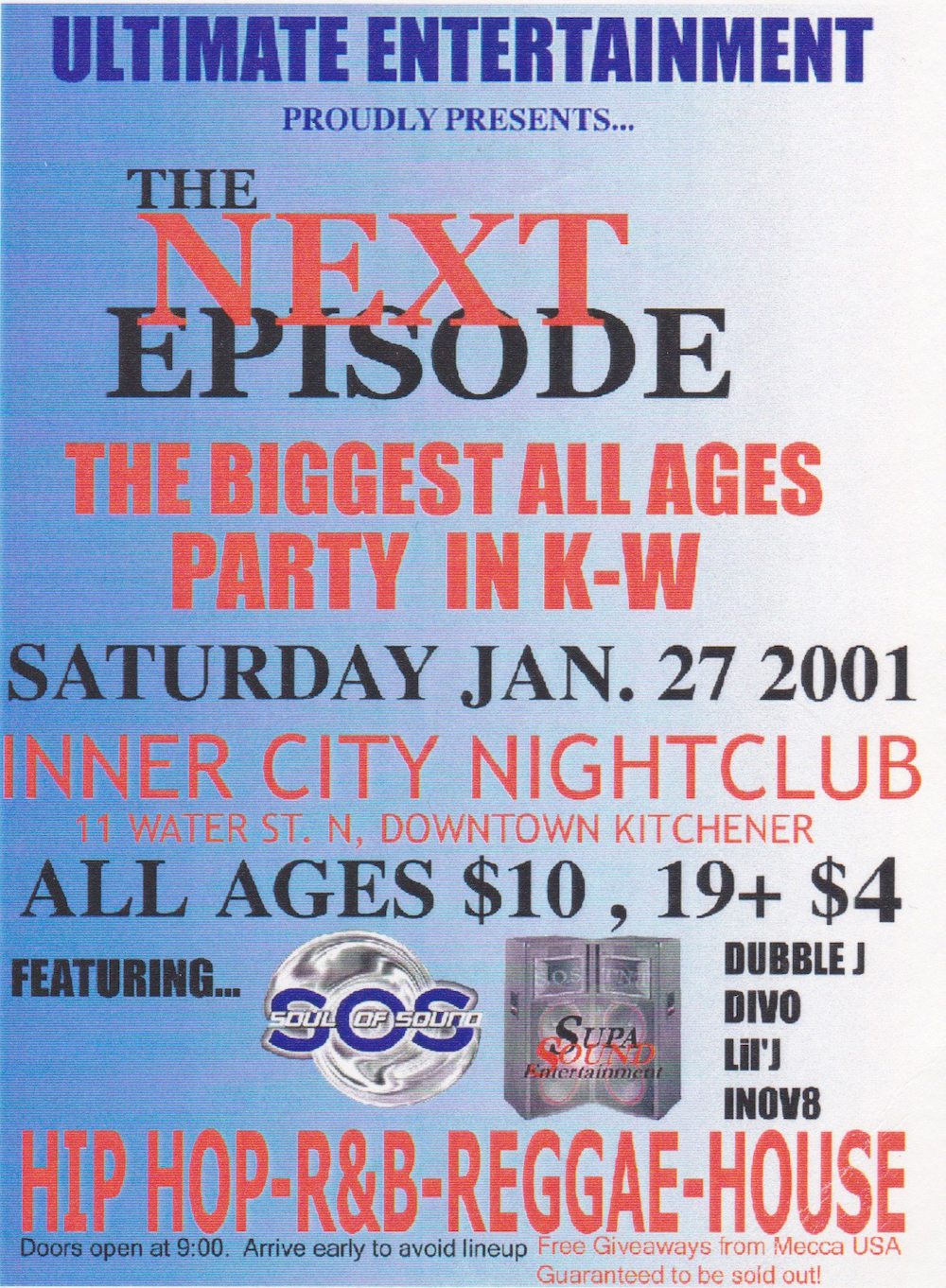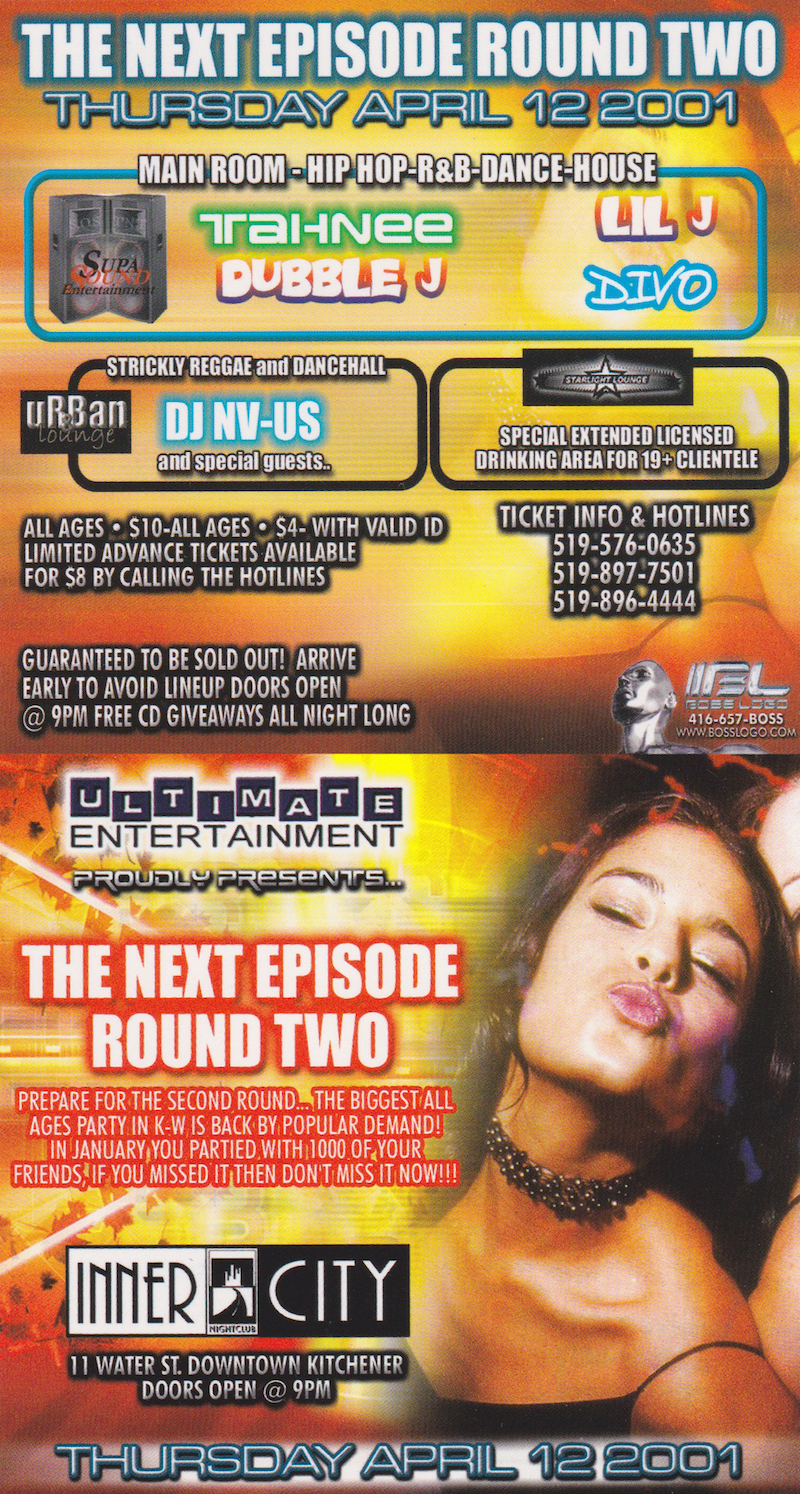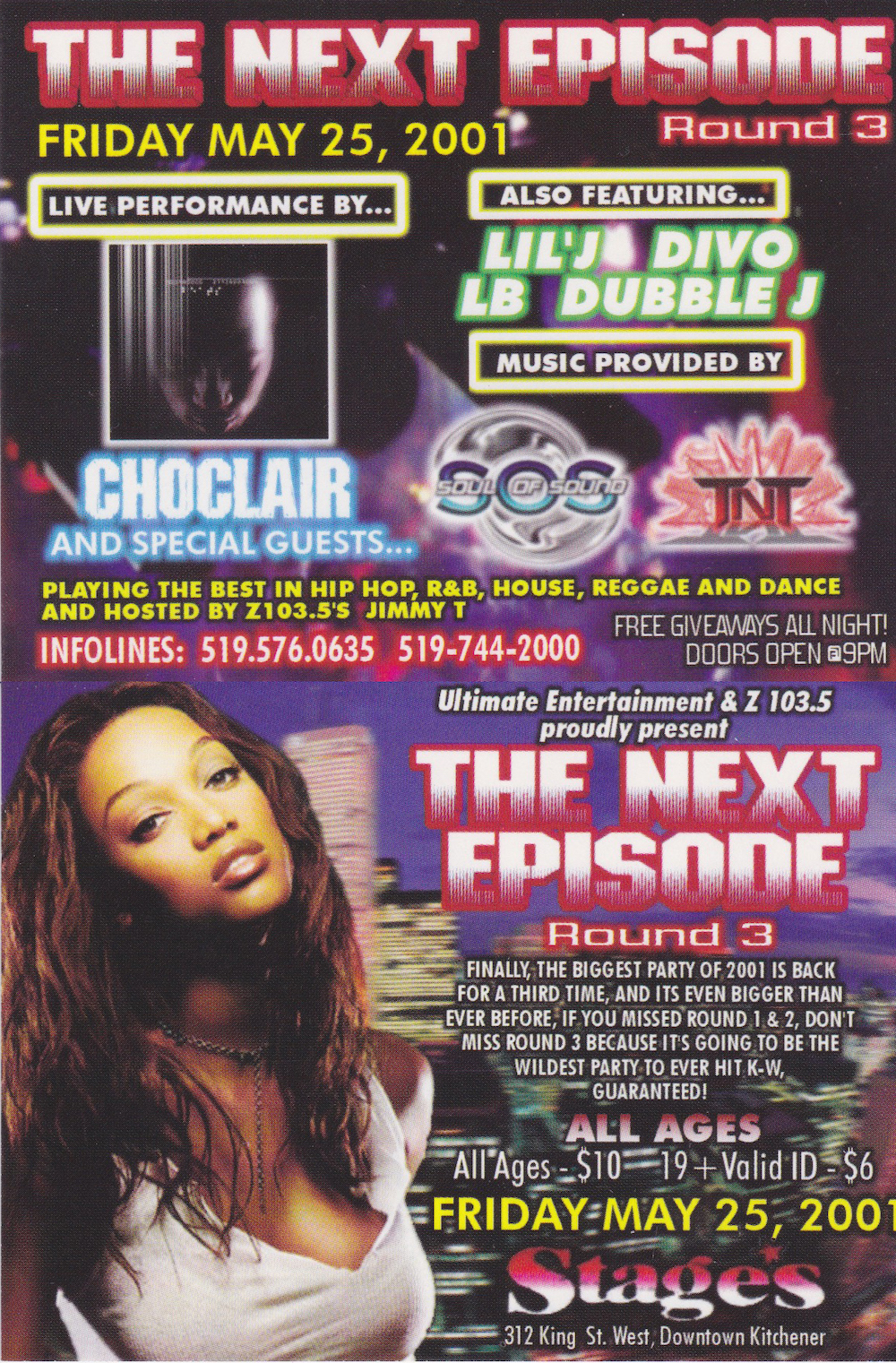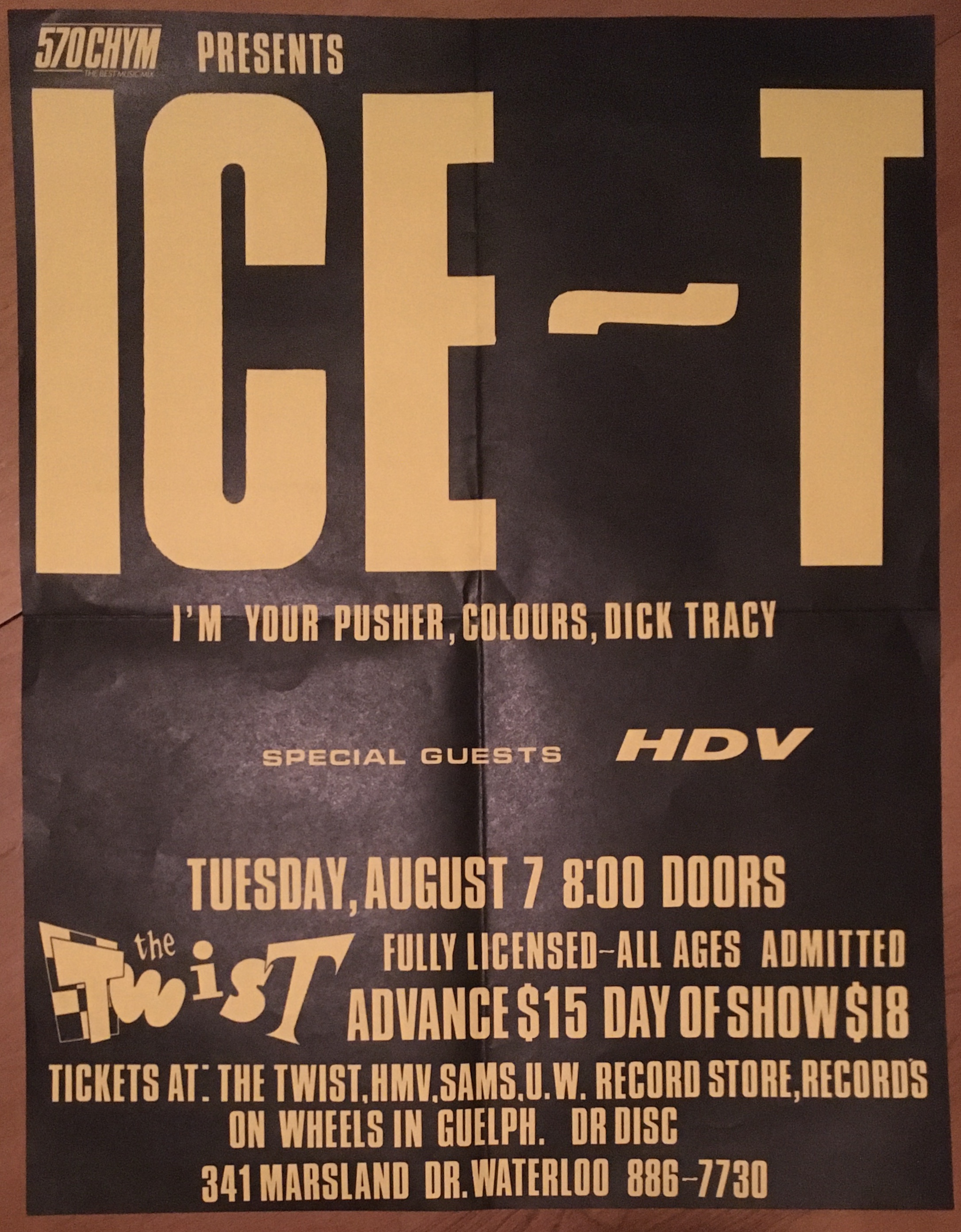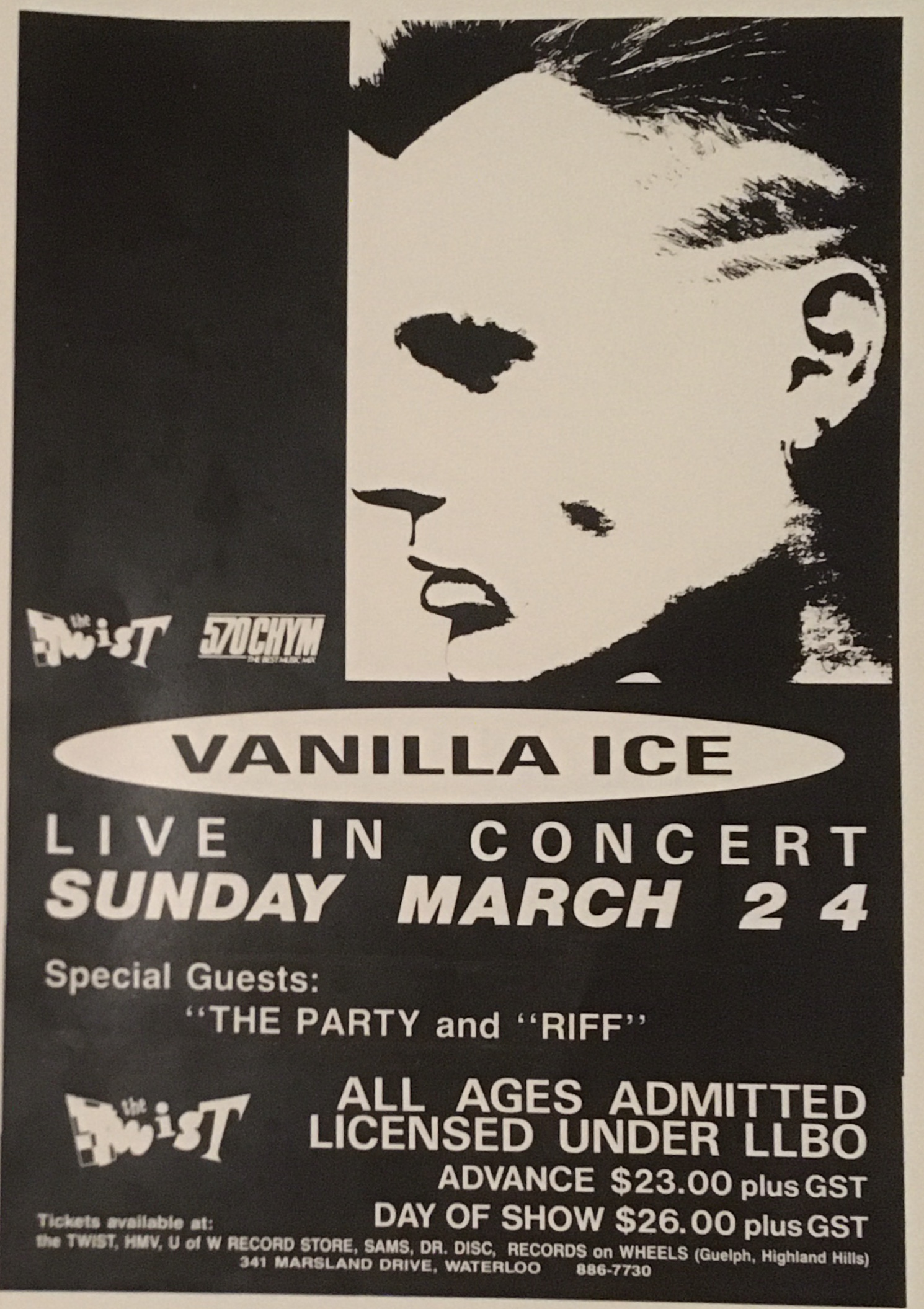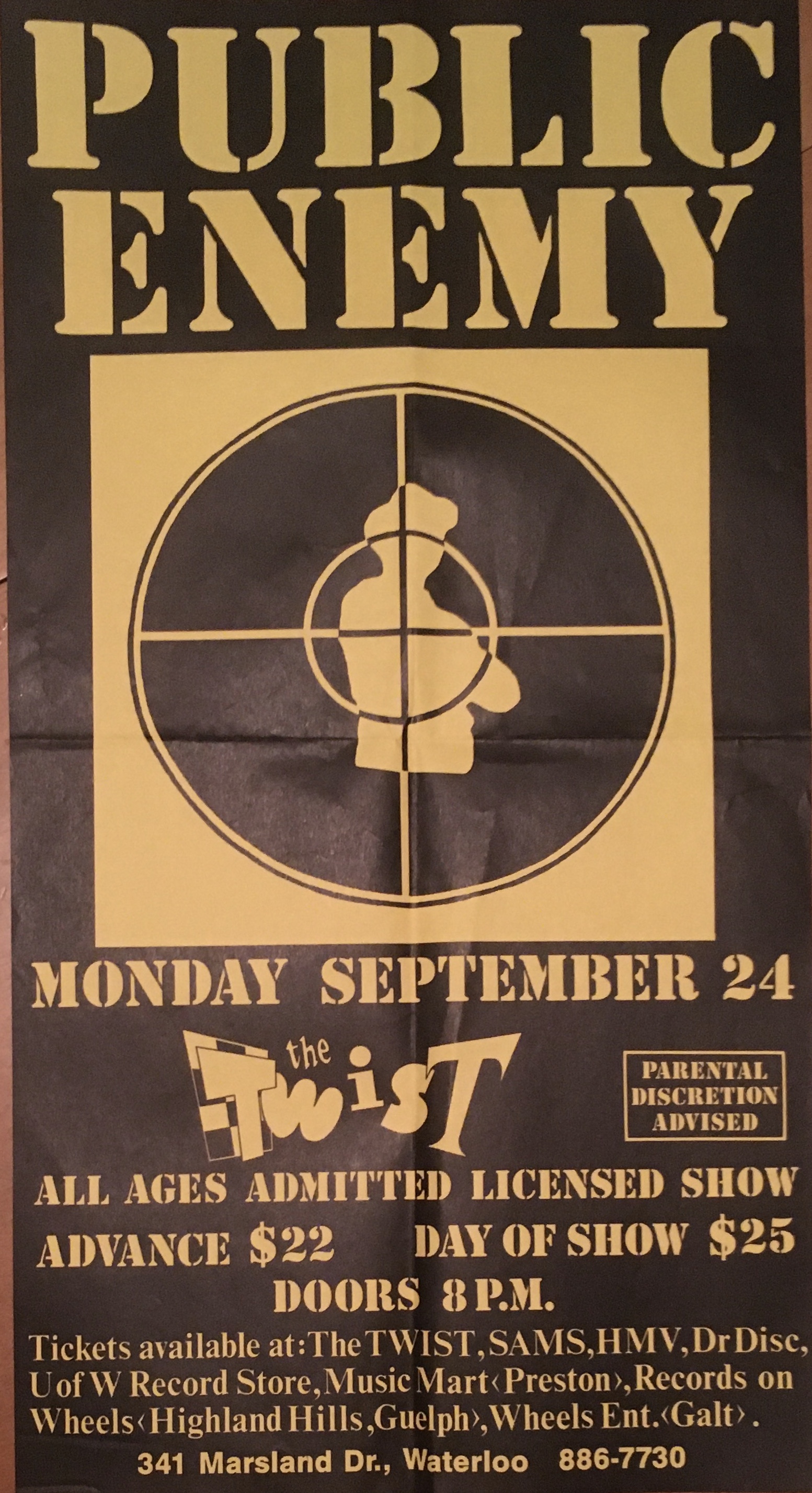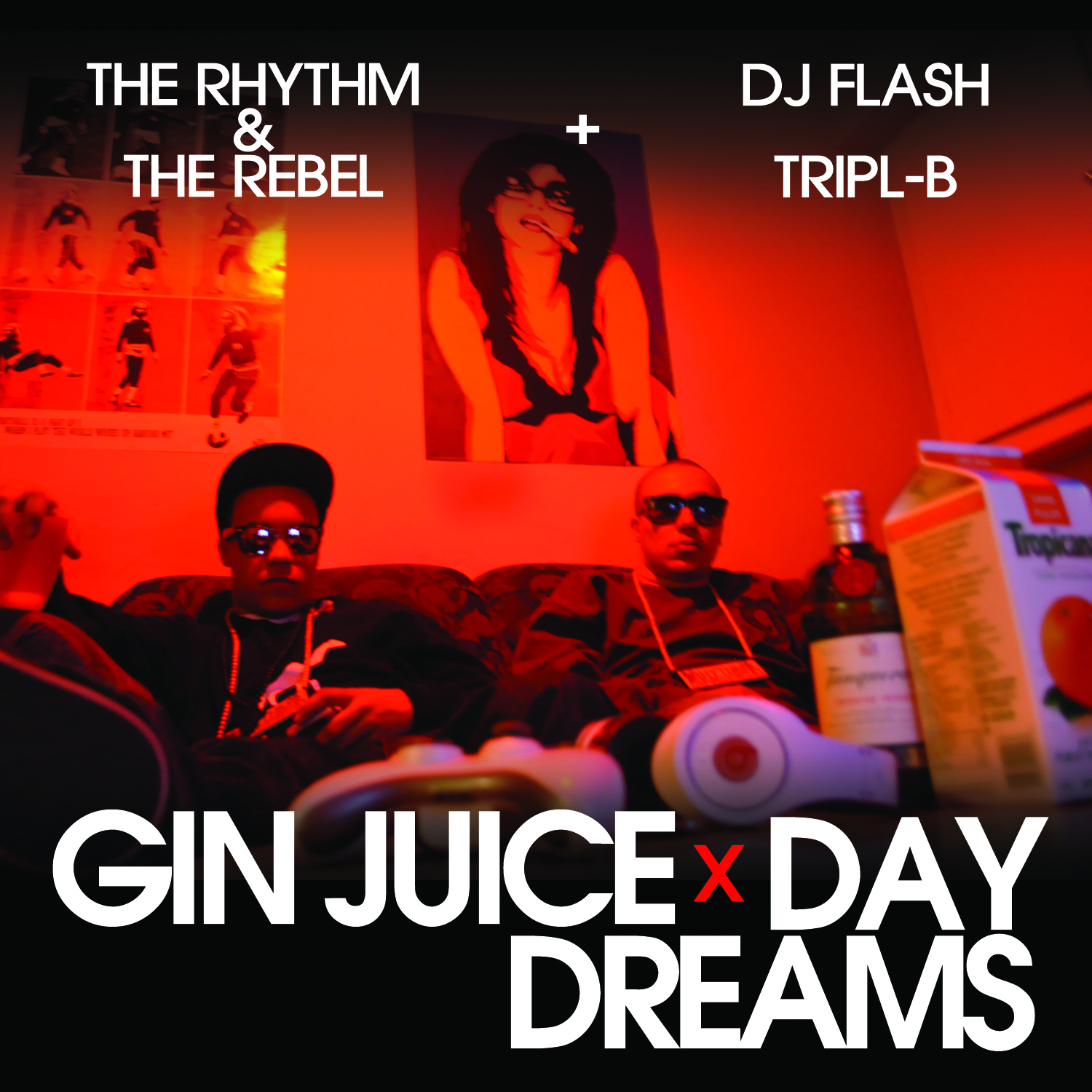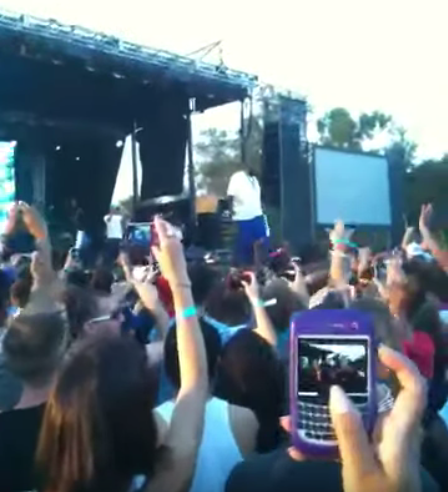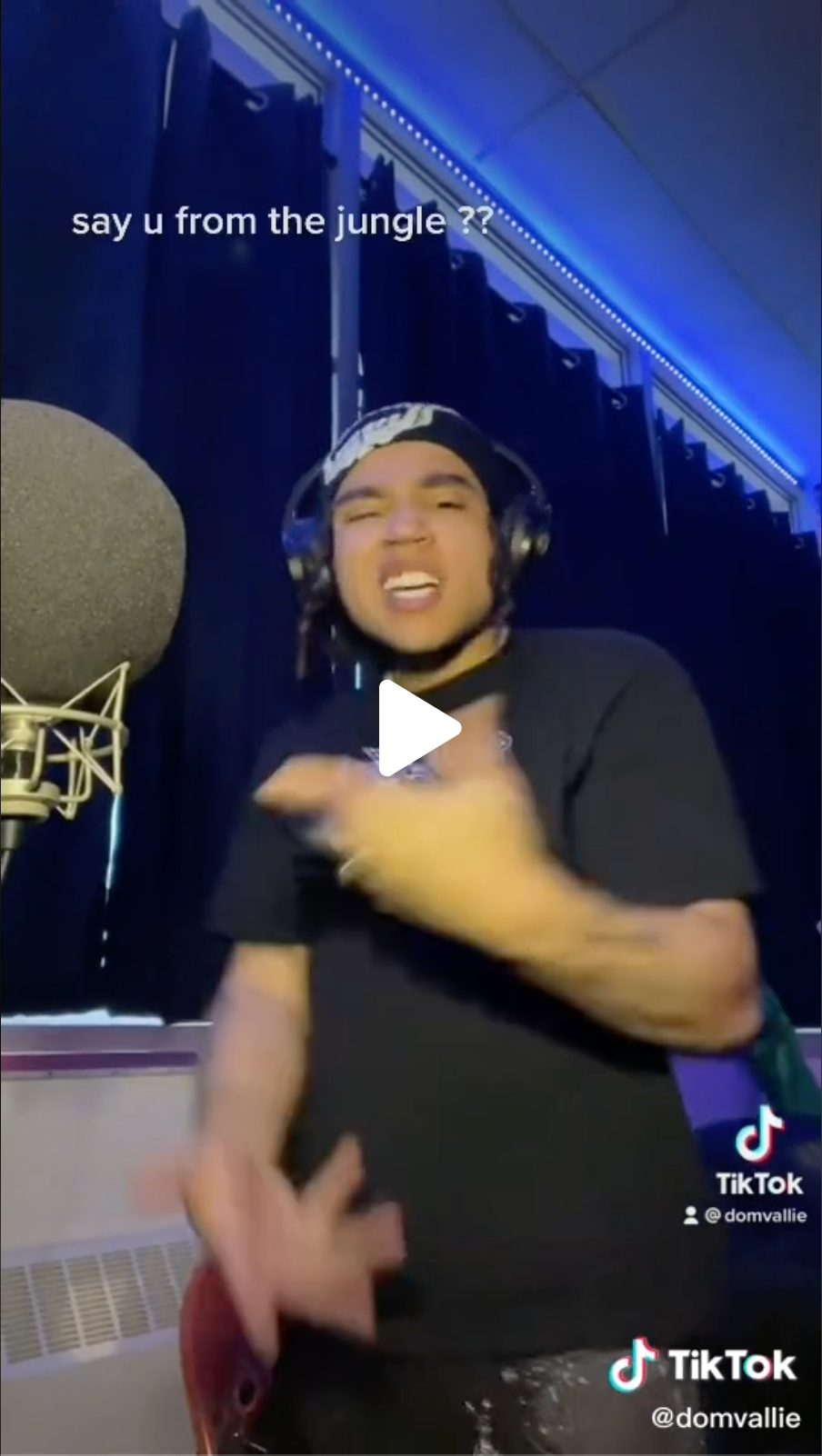Explore the places in Kitchener, Waterloo and Cambridge that have shaped local hip-hop culture.
Click on a map marker to see videos, commentary, and first-hand reflections from artists.
This site is made possible thanks to the Region of Waterloo Arts Fund.
What do you mean, places that have shaped local hip-hop culture?
These could be music venues (past or present), neighbourhoods, studios, or any other place where hip-hop culture has thrived in the tri-city area.
Why pinpoint these locations?
A big part of hip-hop is about reflecting the lived experience of the artist, including hyper-specific references to the venues, streets, and neighbourhoods that are meaningful to them.
The marginalization of hip-hop from mainstream culture until the late 1990s means that artists had to work extremely hard to find and protect safe spaces to develop their music. An expression of Black culture, hip-hop has its roots in New York's South Bronx via Jamaican dub music. As it has spread geographically, hip-hop's sound has adapted to each location where it takes root.
It's important to pinpoint particular locations because hip-hop did not evolve out of the same network of privileged music schools, cultural institutions, media, or venues as other genres did. In a dominant culture that remains founded on white supremacy, hip-hop continues to carve out its own spaces within Waterloo Region.
Who inspired this project?
Tri-City Hip-Hop stands on the shoulders of giants. It was inspired by the creative storytelling of projects like Jay-Z's memoir, Decoded; Hanif Abdurraqib's book, Go Ahead in the Rain: Notes to a Tribe Called Quest; and Open Mike Eagle's podcast, What Had Happened Was.
Who is this for?
This map is for hip-hop fans and artists to draw connections between the art they love, and the places that inspired the art. It's for local artists to represent their neighbourhoods, and to declare that the tri-cities have a history of hip-hop worth being proud about.
As a smaller urban area close to Toronto, it's easy for our culture to get absorbed into a GTA narrative. This project pushes back against that assumption, giving centre stage to the places that inspired local talent in Kitchener, Waterloo and Cambridge.
The story of hip-hop is also the story of places that have since changed, gentrified, or been torn down. Places such as Passions Lounge and 3rd Degree Studio are no longer with us. But putting them on a map and telling their stories is a way to keep the memory of those locations alive, even when the physical building might be gone.
This map is not intended to be a "scavenger hunt" where out-of-touch suburbanites can go hunting for the perfect selfie. These map markers bring context through first-hand narratives by artists who have a personal relationship with the place. The map will educate people and help them appreciate a history of hip-hop that they may not be familiar with. It is an archive of storytelling, not a travel guide.
Who's making money from this?
Artists who have contributed by telling their stories are paid a one-time fee. Stories from Black, Indigenous, and people of colour are prioritized. Stories from youth are prioritized.
The map includes links to artists' websites, where you can support them by buying their music and merchandise.
In the future there may be an opportunity to sell merchandise, posters, physical maps, etc. Proceeds from these activities will support youth arts programs in Waterloo Region.
This project was created by Sam Nabi and is being kickstarted with a grant from the Region of Waterloo Arts Fund. I realize that I have privilege and a proximity to power that allowed me to navigate the bureaucracy of the Arts Fund and have a successful grant application. I used the money to pay artists who contributed their stories, editors, consulting with community leaders, and website hosting & domain costs.
Submit a story
If you have a story to share about a tri-city hip-hop landmark, get in touch by sending me a message at sam@samnabi.com.
Compensation is available for written submissions that are selected for publication.
Join the team
Do you want to help guide this project? We're looking for a team of collaborators who can work together to secure funding, build out the creative vision for Tri-City Hip-Hop, curate stories about local hip-hop, and use this platform to authentically represent hip-hop culture in our region. I want Tri-City Hip-Hop to become owned and managed by artists, and to transcend any one person.
Current partners: Sam Nabi, Tait Garrett
Send me a message at sam@samnabi.com if you're interested.
